Dhaka, Apr 22 (V7N)- The Bangladesh Nationalist Party (BNP) resumed its third day of talks with the National Consensus Commission on Tuesday, providing its input on the comprehensive recommendations made by five government-formed commissions. The meeting began at 11:10 am at the LD Hall of the Jatiya Sangsad (National Parliament).
The ongoing dialogue, part of a national effort to build consensus on sweeping reforms, had previously been adjourned after extensive discussions on Thursday and Sunday.
A four-member BNP delegation, led by Standing Committee member Salahuddin Ahmed, attended the meeting. Other members include:
-
Ismail Zabiullah, Member, BNP Chairperson’s Advisory Council
-
Lawyer Ruhul Quddus Kajal
-
Former Secretary Abu Md. Moniruzzaman Khan
The session was presided over by Professor Ali Riaz, Vice President of the National Consensus Commission, and attended by other commission members including Dr. Badiul Alam Majumder, Dr. Iftekharuzzaman, Justice Emdadul Haque, Safar Raj Hossain, and Special Assistant to the Chief Advisor (Consensus) Monir Haider.
Speaking to reporters, Salahuddin Ahmed stated that the discussions over the past two days had centered on major national issues, including:
-
Nature of the Republic
-
Principles of State Governance
-
Fundamental Rights
-
Judicial and Legal Reforms
-
Structure and Functioning of the Anti-Corruption Commission (ACC)
-
Formation of a National Constitutional Council
-
Reform of the Electoral System
-
Executive Branch Oversight
-
Broad Constitutional Amendments
“We have resumed discussions today from the point where we left off on Sunday. We are hopeful that the dialogue will conclude today,” said Salahuddin Ahmed.
The talks are part of the broader roadmap set by the Interim Government, which initiated five reform commissions earlier this year covering electoral reform, judicial reform, administrative restructuring, anti-corruption efforts, and labor rights. The goal of the National Consensus Commission is to synthesize recommendations from these commissions and gather feedback from major political stakeholders, including the BNP.
The BNP’s active participation is being seen as a positive sign for inclusive democratic reform efforts, especially ahead of the anticipated transitional arrangements later this year.
Commission insiders have suggested that similar discussions with other political parties and civic groups are also underway or being scheduled.
END/MSS/AJ



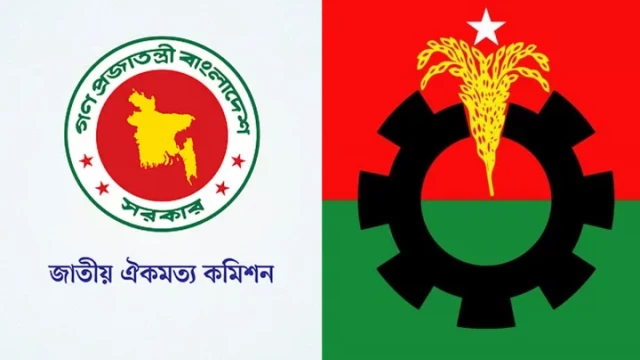
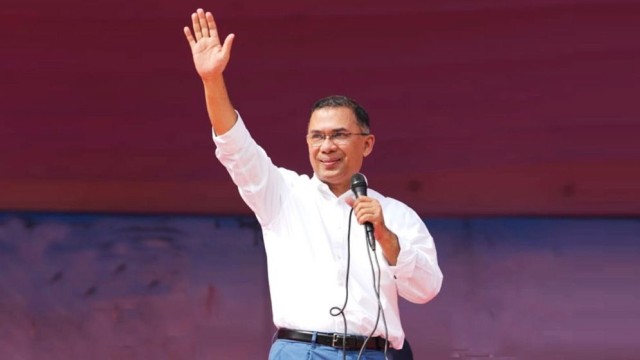

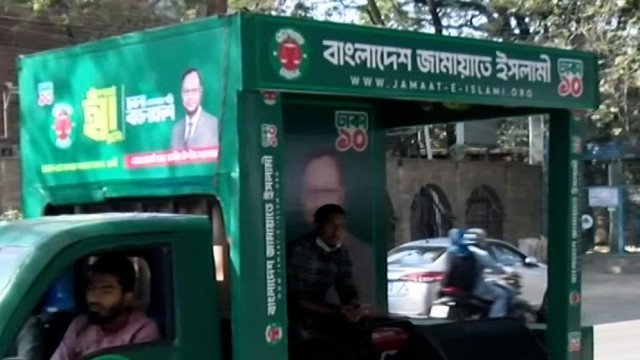
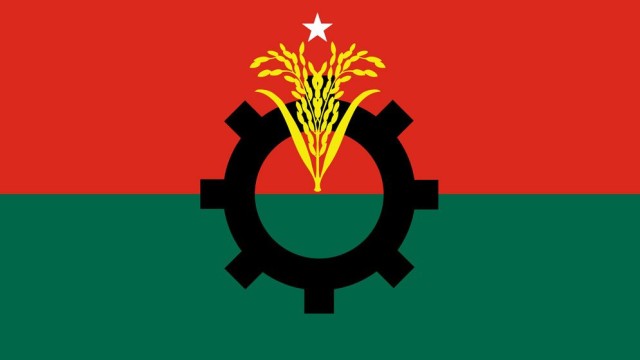
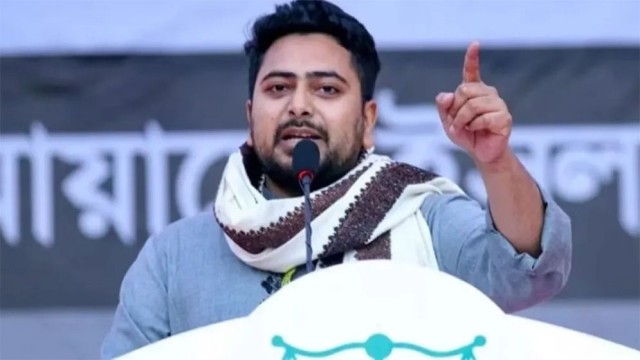
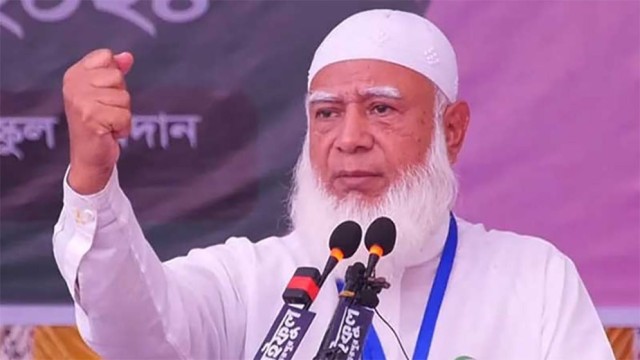

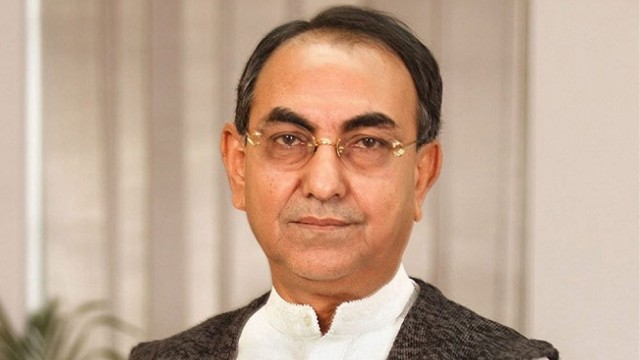

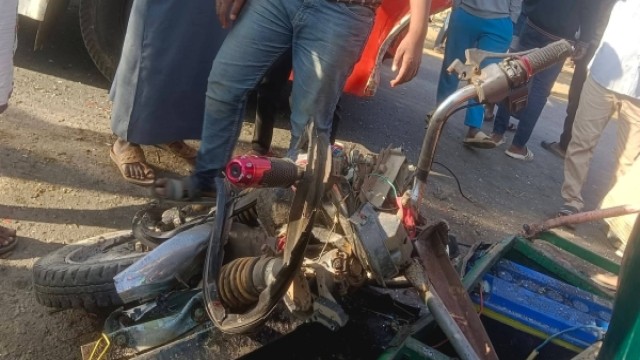
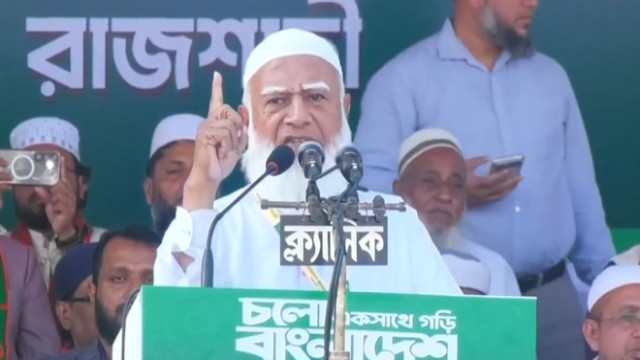
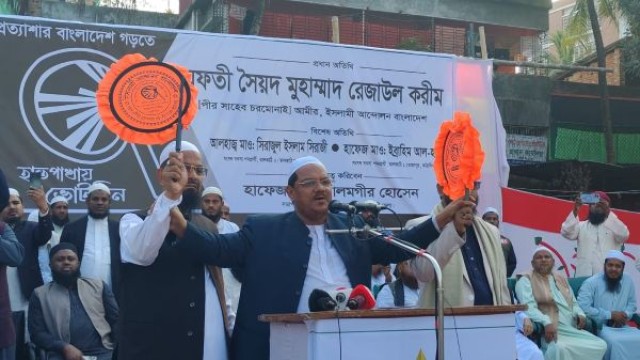
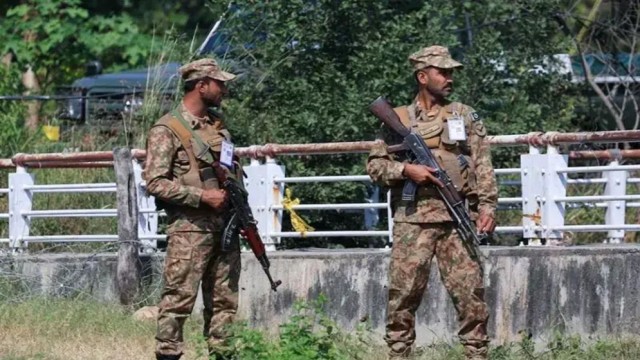











Comment: